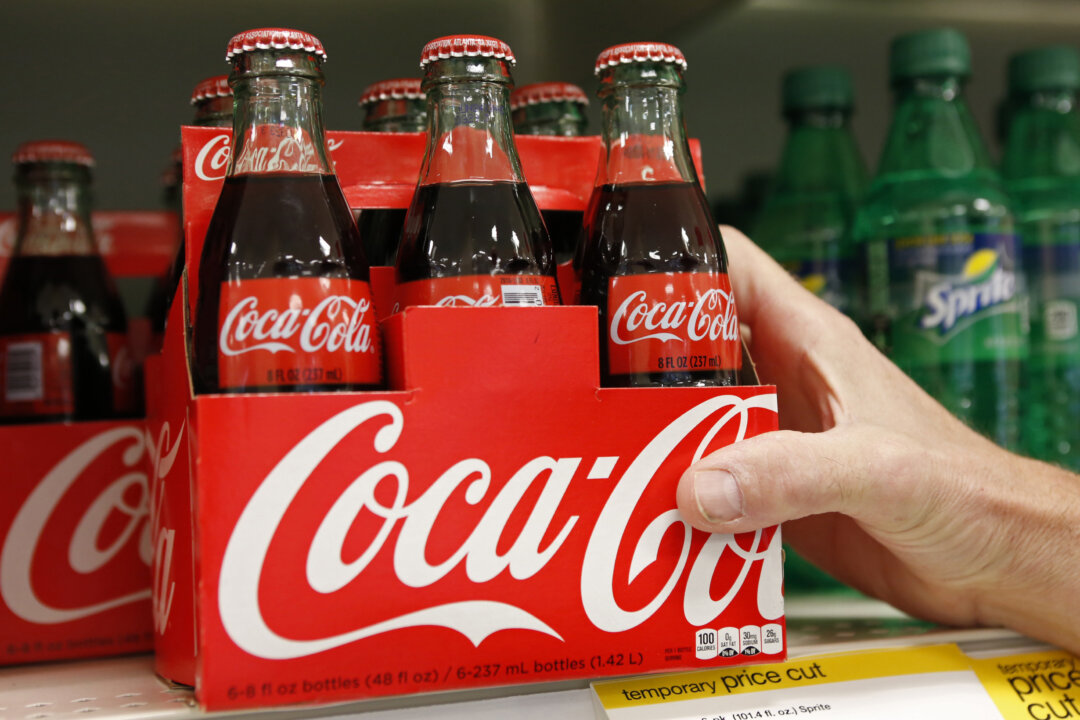Health
Kraft and Coca-Cola Win Legal Battle Over Ultra-Processed Foods

A federal judge dismissed a lawsuit against major food and beverage companies, including Kraft Foods and Coca-Cola, on August 25, 2024. The lawsuit, brought by Bryce Martinez, a 19-year-old from California, alleged that these companies designed ultra-processed foods (UPFs) that manipulate brain physiology, leading to addictive consumption patterns. Martinez claimed this addiction contributed to his health issues, specifically Type 2 diabetes and non-alcoholic fatty liver disease.
In her ruling, U.S. District Judge Mia Perez stated that Martinez did not provide sufficient evidence for the case to proceed. She expressed significant concern regarding the marketing and creation practices of UPFs, highlighting their detrimental effects on children and adolescents. Judge Perez emphasized the need for more robust regulations to protect vulnerable populations from potentially harmful food products.
Martinez’s complaint, filed in 2024, claimed that consuming products from these manufacturers had direct negative health consequences. He argued that UPFs are engineered to create a cycle of dependence, making it difficult for consumers to manage their dietary choices effectively.
The lawsuit sought to hold both Kraft and Coca-Cola accountable for what Martinez described as a public health crisis. He contended that the companies’ marketing strategies exploit neurological vulnerabilities, particularly among young consumers. According to the complaint, the companies failed to adequately warn consumers about the risks associated with excessive consumption of their products.
Judge Perez’s ruling reinforces a prevailing legal standard that requires plaintiffs to meet specific evidentiary criteria before a case can advance in court. This dismissal marks a significant moment in the ongoing dialogue surrounding the health impacts of ultra-processed foods and the responsibilities of food manufacturers.
While the ruling may be a setback for Martinez and others advocating for stricter regulations on UPFs, it has reignited discussions about the responsibility of food producers in safeguarding public health. Advocates for health and nutrition continue to call for increased transparency in food labeling and marketing practices, particularly concerning products aimed at children.
As awareness of the potential health risks associated with ultra-processed foods grows, so too does the scrutiny of the industry. The case’s outcome may influence future litigation and legislative efforts aimed at regulating the food and beverage sector more effectively.
-

 Lifestyle4 months ago
Lifestyle4 months agoLibraries Challenge Rising E-Book Costs Amid Growing Demand
-

 Sports3 months ago
Sports3 months agoTyreek Hill Responds to Tua Tagovailoa’s Comments on Team Dynamics
-

 Sports3 months ago
Sports3 months agoLiverpool Secures Agreement to Sign Young Striker Will Wright
-

 Lifestyle3 months ago
Lifestyle3 months agoSave Your Split Tomatoes: Expert Tips for Gardeners
-

 Lifestyle3 months ago
Lifestyle3 months agoPrincess Beatrice’s Daughter Athena Joins Siblings at London Parade
-

 World3 months ago
World3 months agoWinter Storms Lash New South Wales with Snow, Flood Risks
-

 Science4 months ago
Science4 months agoTrump Administration Moves to Repeal Key Climate Regulation
-

 Science3 months ago
Science3 months agoSan Francisco Hosts Unique Contest to Identify “Performative Males”
-

 Business4 months ago
Business4 months agoSoFi Technologies Shares Slip 2% Following Insider Stock Sale
-

 Science4 months ago
Science4 months agoNew Tool Reveals Link Between Horse Coat Condition and Parasites
-

 Sports3 months ago
Sports3 months agoElon Musk Sculpture Travels From Utah to Yosemite National Park
-

 Science4 months ago
Science4 months agoNew Study Confirms Humans Transported Stonehenge Bluestones









